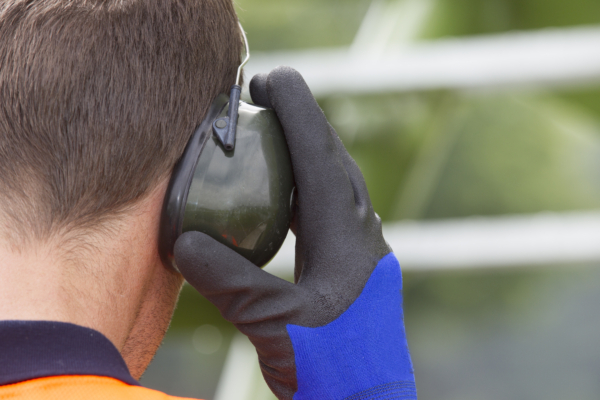Adopting ‘safe listening’ is the best way to protect your ears. ‘Safe listening’ simply refers to specific listening behaviours that do not put your hearing at risk.

How loud you have the TV or music, how long you listen for and the frequency of the sounds you listen to all have a impact on your hearing.
The higher the sound and the longer you listen to that sound for the greater the risk of hearing loss. For example, The World Health Organisation states that you can safely listen to a sound level of 80 decibels for up to 40 hours per week. If the sound level is 90 decibels, the safe listening time reduces to 4 hours per week.
Here are some things you can do to protect your hearing:
1. Keep the volume turned down – this can be done by setting your TV, Radio or device volume level to no more than 60% of maximum. If you are using an app to monitor your sound level, it is best to stay below 80 decibels average
2. Use well-fitted, and noise cancelling headphones to reduce the need to raise volume in noisy situations
3. In noisy places, use ear protection such as earplugs
4. Always stay away from sources of sound, such as loudspeakers, noisy machinery etc
5. Limit time spent engaged in noisy activities. Give your ears a break frequently from loud sounds. This helps the sensory cells inside the ears to recover.
6. Monitor sound levels. This can be done by using apps. Choose devices with built-in safe listening features that allow you to monitor your exposure.
7. Listen to the warning signs of hearing loss. Contact a professional if you have persistent ringing in the ear (tinnitus) or have difficulties hearing high-pitched sounds or following conversations.


